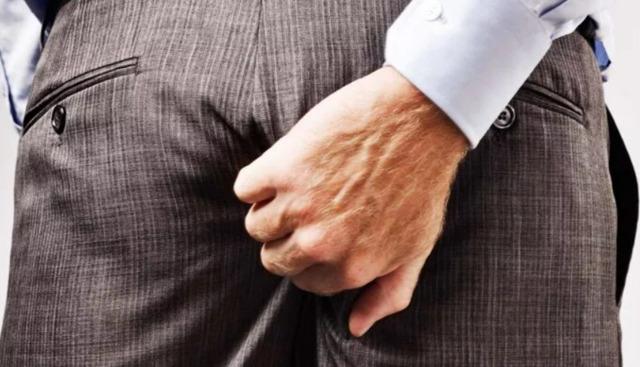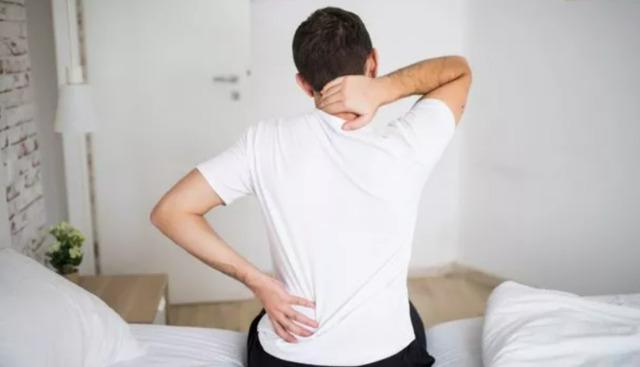Intestinal parasites are caused by lack of hygiene and improperly consumed foods. Inadequate washing and cooking of food, drinking dirty water causes parasites to be transmitted to the body through the mouth. According to Sightsavers, the worm-like parasites live inside the digestive tract and feed on nutrients from their hosts, causing the infected person to become malnourished and susceptible to disease and chronic illness.
Speaking to MailOnline, Doctor Sara Mesilhy highlighted the five most common symptoms of intestinal parasites. From stomach ache to feeling hungry after eating, she’s listed everything you need to know about the debilitating condition.
SYMPTOMS OF GUEST PARASITES
DIGESTIVE PROBLEMS AND WEIGHT LOSS
Parasites commonly found in the intestinal wall can damage the intestines and cause digestive problems. As a result, an infected person may suffer from abdominal pain, malnutrition, and diarrhea. This can lead to weight loss, which can be exacerbated by parasites consuming nutrients from food eaten by the host.
HUNGER AFTER MEALS

Because the parasites feed on nutrients from the foods consumed, people with this health condition may continue to feel hungry after eating. What’s more, some parasites can create substances that interfere with signals linked to appetite and metabolism. They can also damage the lining of the digestive tract, reducing nutrient absorption and causing malnutrition.
ANEMIA

The Mayo Clinic defines anemia as a condition in which you lack enough healthy red blood cells to carry enough oxygen to your body’s tissues. This can make you feel tired and weak. Some parasites, such as hookworms, attach to the lining of the small intestine and suck the blood of their hosts, causing blood loss and anemia. Others deplete the iron from the host, which is necessary for the production of red blood cells.
Some parasites, such as Plasmodium, which causes malaria, can again cause anemia by directly destroying red blood cells.
ITCHING

The doctor explained how parasites can cause itching and discomfort in various ways. First, pinworms lay eggs around the anus, which causes itching and increases the chance of re-infection.
Others may release toxins that trigger allergic reactions and itchy skin problems such as hives and eczema.
MUSCLE AND JOINT PAIN

An infected person may experience muscle and joint pain as a result of the inflammation. Parasites can also move into muscles to cause direct damage. Muscle and joint pain may also be associated with anemia due to reduced oxygen supply.
